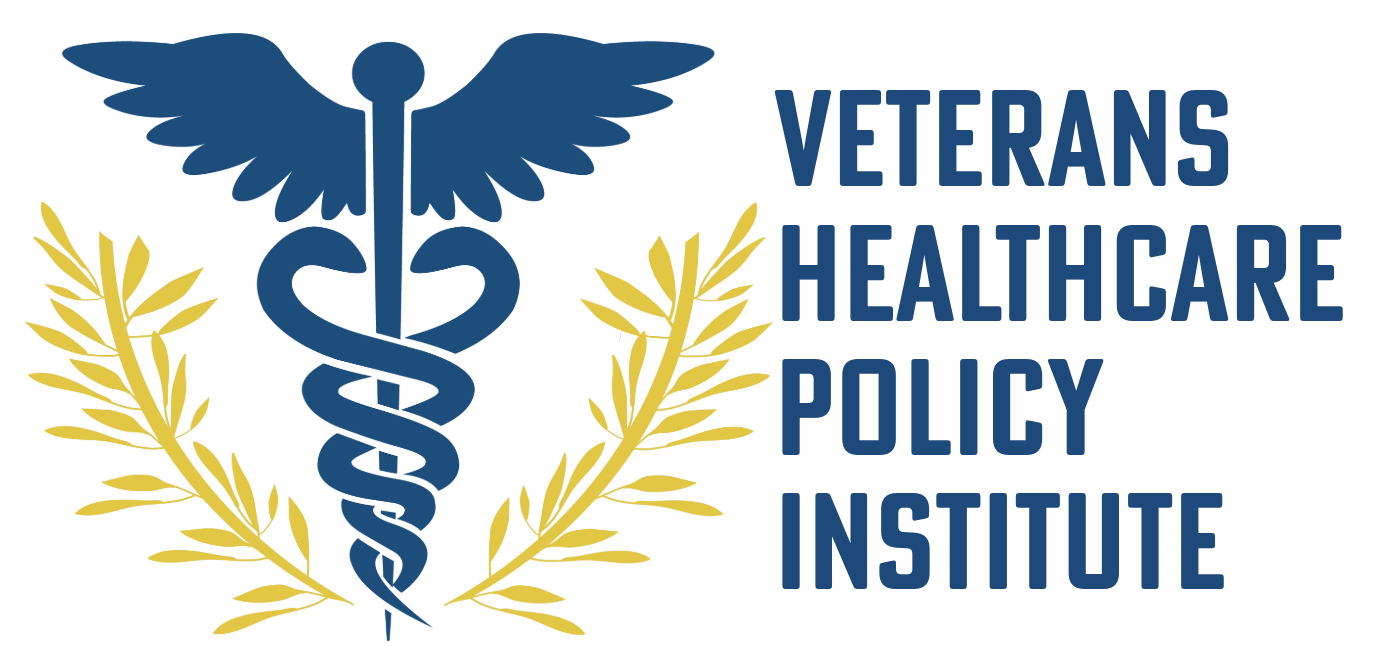VA Watchdog Releases Scathing Report on Private Comp & Pen Exams
One of the lesser discussed legacies of President Donald Trump’s VA concerns the outsourcing of compensation and pension exams to the private sector.
For the uninitiated, a quick explainer: many veterans must undergo C&P exams to qualify for VA care and benefits. During these appointments, medical staff peer over military health records and conduct tests to understand whether certain injuries — both physical and mental — are connected to time in the ranks. Roughly 1.4 million of these exams occur every year, each one of them vital to the future of a veteran’s claim. A good examiner will ensure a patient is provided adequate medical documentation for their time in the service; a bad one can improperly deny them help.
In recent years, these exams have been increasingly farmed out to the private sector. By the end of 2020, just 15 percent were done by highly qualified staff in-house. At the time, Trump’s Under Secretary for Benefits, Paul Lawrence, announced that total privatization was the “evolution of the process.” Today, nearly 90 percent of exams are undertaken in the private sector, the vast majority by just three private companies. This translated over the last half-dozen years or so to more than $10 billion in contracts, and over eight million exams.
As this outsourcing ramped up, government contract language for private exam providers initially required the VA’s Medical Disability Examination Office (MDEO) to conduct both random and complaint-based site visits at contract facilities to ensure compliance with ADA and OSHA standards. The VA, in other words, pledged to make sure these private contractor exam facilities were safe, clean, accessible, and legitimate. However, in September 2021, contract language was quietly softened to stipulate that the MEDO “may” conduct these visits – but is not required to.
In the years since, countless veterans have complained about their outsourced exams, leading the VA’s Office of Inspector General (OIG) to conduct and recently release its own assessment. The results aren’t pretty.
The watchdog identified deficiencies at 114 of the 135 facilities it visited. The scope of complaints includes moldy, bug-infested offices as well as ones that lacked proper exit doors. Some offices featured faulty equipment or had a lack of ramps for wheelchair-bound veterans. In one case, a veteran with a hip condition was directed onto a massage table that collapsed, causing the veteran to land flat on their back and, as a result, experience even more pain. In another case, a veteran in a wheelchair was being assisted into an audio booth without a ramp to test their hearing. During this move, they fell to the ground, their eyes rolled back, and they began vomiting. (Ultimately, they were taken by ambulance to a local VA hospital.)
Needless to say, these shoddy, sometimes dangerous conditions must be immediately addressed. At the very least, these lavishly paid private contractors must be subject to intense oversight and penalties. As we recommended in our 2022 report, “Disadvantaging the VA,” the more responsible, long-term vision is to bring these exams back inside the VA, where oversight and expertise is guaranteed. Without such action, millions more veterans will be deprived of the expert assistance necessary to navigate their path to VA care and benefits.

